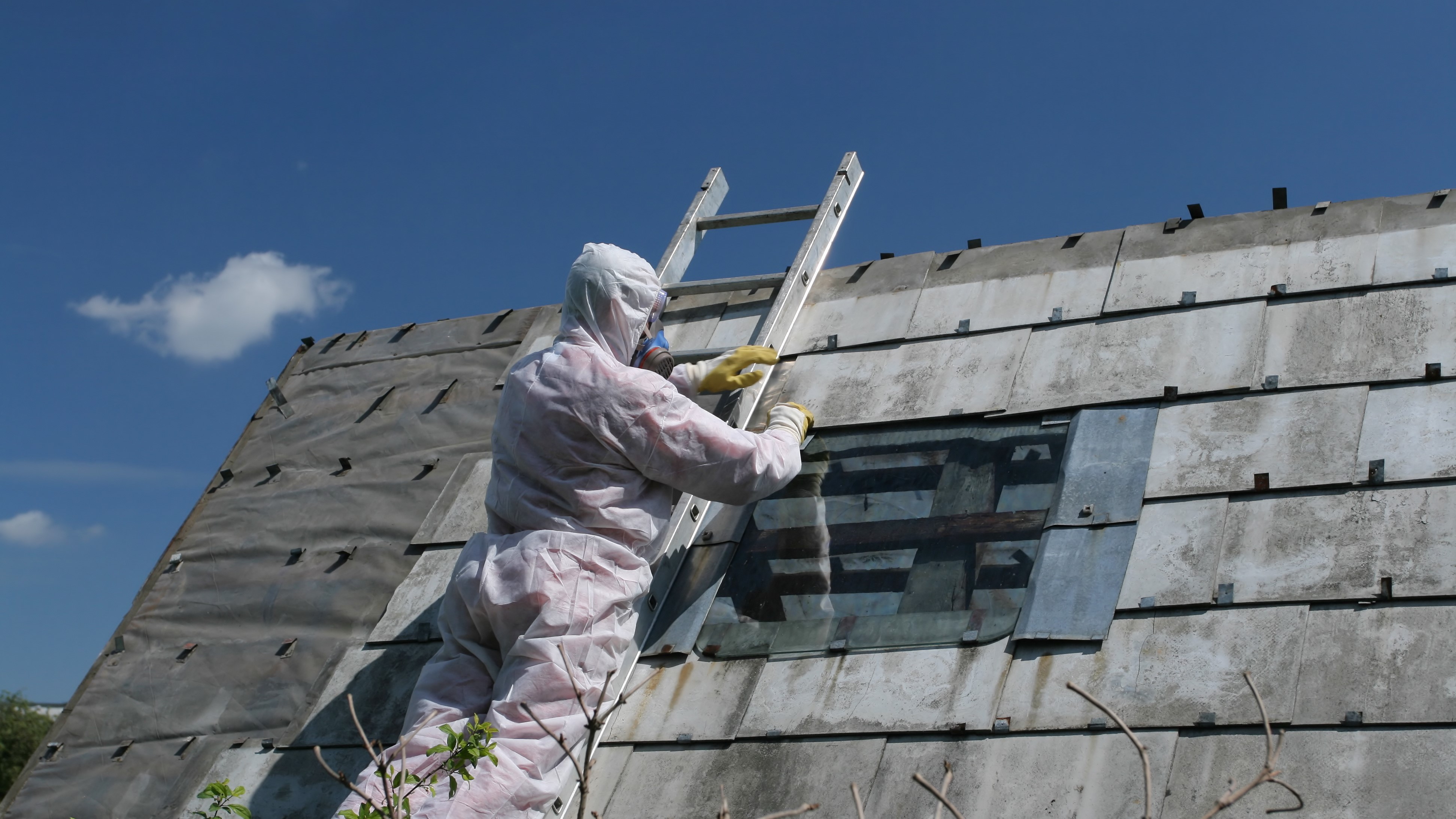
On 27 March, Southampton Crown Court jailed a company director for eight months for failing to protect workers at a Winchester construction project from exposure to asbestos.
Stephen Davies had set up Cavendish Winchester Ltd with the sole purpose of refurbishing a commercial unit in Winnall Close, Winchester, as rental accommodation for students.
Davies' fellow director Neil Bolton was also convicted but avoided jail, being given a four-month custodial sentence suspended for 12 months. The company itself was prosecuted and fined £30,000. All three defendants pleaded guilty.
Unlicensed contractors hired to cut costs
An investigation by the Health and Safety Executive (HSE) revealed that around ten tonnes of asbestos insulating board (AIB) were removed during the refurbishment in 2019–20. The workers who stripped out the dangerous materials were unqualified to do so and unaware of the health risks.
It was clear, however, that the directors knew what the material was, and its extent, because they had previously sought a quote for its removal by a competent contractor.
The HSE thought that this made the case particularly serious. After the court hearing, the executive's principal inspector Steve Hull said the directors 'put profit before the health of those they employed.'
He noted that they 'tried to cover their tracks by legitimising the removal of a small amount of residual asbestos-containing materials, after illegally stripping out the majority, by obtaining a new quote for legal removal of that very small remaining portion.'
Hull added: 'Structural refurbishment which either exposes or is liable to expose people to asbestos fibres should only be carried out by competent persons working to a strict plan of work to ensure safety.
'Higher-risk asbestos removal, such as the removal of AIB, can only legally be carried out by Licensed Asbestos Removal Contractors who have the knowledge and equipment to prevent the spread of fibres and properly protect the workers.'
HSE's investigation did not ascertain where all the asbestos-containing material had ended up, so many more people were likely to have been exposed – while others may yet be exposed.
Legislation sets duties for control of premises
The case was brought by HSE enforcement lawyer Kate Harney under section 4 of the Health and Safety at Work etc. Act 1974, covering the general duties of persons concerned with premises to persons other than their employees.
Subsection 4(2) requires those in control of certain premises to take reasonable and practicable measures to ensure such premises are safe and without risks to health, and the company itself was duly prosecuted under this provision.
The directors were in turn prosecuted under subsection 37(1), which states that if a company commits a health and safety offence then its directors or senior managers can be prosecuted for that breach if the offence was due to their consent or connivance or attributable to their neglect.
HSE also used this successful prosecution to highlight the duty to manage asbestos in non-domestic premises, set out in regulation 4 of The Control of Asbestos Regulations 2012. This duty has been in force in successive sets of asbestos regulations in Great Britain since 2004.
There is a similar duty in Northern Ireland included in The Control of Asbestos Regulations (Northern Ireland) 2012.
A dutyholder includes 'every person who has, by virtue of a contract or tenancy, an obligation … in relation to the maintenance or repair of non-domestic premises or any means of access or egress' or, 'where there is no such contract or tenancy, every person who has … control of that part of those … premises or any means of access or egress.'
This case is an important reminder for chartered surveyors responsible for the management of premises – and for others with the same or similar legal duties – to manage asbestos diligently in accordance with the law.
Jeffrey Tribich MRICS is the founder of Jeffrey Tribich Consulting and a member of the RICS Asbestos Working Group and RICS Health and Safety Advisory Group. He would like to thank Michael Appleby, a partner at Fisher Scoggins Waters, for his legal advice.
Contact Jeffrey: Email
Related competencies include: Health and safety, Inspection, Legal/regulatory compliance

